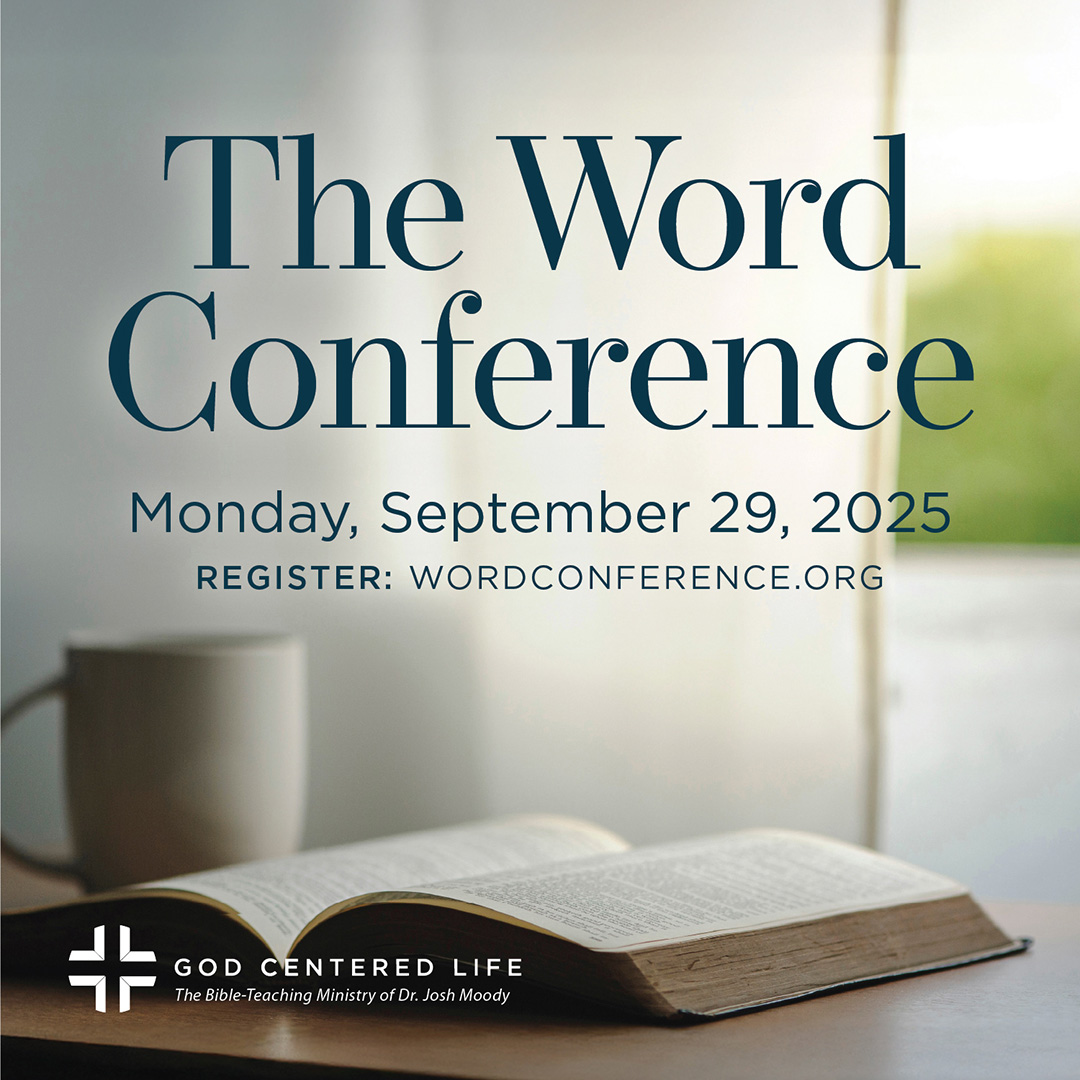October 2, 2018: Pleasure and Wisdom
October 2, 2018
TODAY'S BIBLE READING:
Today’s Bible Reading: Jeremiah 3-4, Ecclesiastes 2:1-16, John 1:19-28, James 1:9-20 Ecclesiastes 2:1-16: We come now to the first of “experiments” conducted by the “teacher.” Remember that he is on a project of discovering whether it is really true that life “under the sun” is meaningless (and remember that the end of his project is in chapter 12 where he concludes that the only meaningful life is “above the sun,” or life lived in pursuing and following God). Now the first of these “experiments” is to test whether the meaning of life is found in “pleasure.” This experiment runs from verse 1 to verse 12. We should recall that many philosophers down through the years have advocated that the meaning of life is to get as much as pleasure as you can while you still can. “Gather ye rosebuds while ye may.” The Epicurean school of philosophy in the Greek world is usually thought to have advocated some sort of pleasure as the meaning of life—though their philosophy was subtler than its reputation. And of course, there are many less sophisticated advocates too: “I can’t get no satisfaction” is an appeal to try to attempt to get some satisfaction. “You can’t always get what you want, but you can sometimes get what you need” is another song that appeals to pleasure as the meaning of life. On and on it goes: “Eat, drink, and be merry for tomorrow you die.” Well, is the meaning of life found in pleasure? The “teacher” decides to try to find out. And what he discovers, as so many others down through history have also sadly discovered (sometimes too late), is that pleasure does not give you satisfaction. All it creates is more desire; it never satisfies. And it is all in the end completely meaningless. “I refused my heart not pleasure,” but still he found it to be just a “chasing after the wind.” This is a play on words with the original word for “meaningless,” which has the sense of “wind” or “breath” or “vapor.” Life (“under the sun,” remember) is a mere vapor—here one moment, gone the next. And pleasure does nothing to remove that fact, and to a certain extent even emphasizes it. But what then of more intellectual pursuits? So then the teacher turns where a lot of academics and intellectuals turn instead of the “earthly” pleasures: to the mind. The “teacher” begins to pursue wisdom. This “experiment” runs from verse 12 through to verse 16. And what he does is he compares wisdom with its opposite, namely, folly. He realizes that it is better to be wise than to be foolish. Certainly, wisdom is better than folly. But in the end, even that is no comfort. Why? “The same fate overtakes them both.” They both must die. So what difference does it make in the end if you are wise? None whatsoever. One by one, therefore, the “teacher” is stripping back from us our comforting illusions. We hide in binge-watching TV shows, or a glass of Chardonnay or three; we hide in sensual pleasures. But here comes the truth: there is no meaning in such things. And then when we go to the library or read the biographies and attempt to use our mind to be wise, we may think we are doing better—to a certain extent, no doubt we are. But does being wise stop you from dying? Not at all. Why then is it ultimately any better to be wise? It is not. There is—again here comes the conclusion—no meaning “under the sun”; that is, there is no meaning in a life that is lived purely for this life and without confidence in God and his eternity. What then do we learn? Over and over again, the same lesson is being taught: pursue God and his kingdom. And in particular this morning, we learn to remove our commitments to pleasure and wisdom from the realm of idolatry. Of course, it is good to enjoy legitimate pleasures. This is a gift from God. And of course, it is good to be wise. Far better to be wise than a fool. But we should not treat these things as ultimate or as “gods.” The great secret of life is to spend and be spent in the service of, and the enjoyment of, God himself.]]>
ABOUT THE AUTHOR
Josh Moody (Ph.D., University of Cambridge) is the senior pastor of College Church in Wheaton, IL., president and founder of God Centered Life Ministries, and author of several books including How the Bible Can Change Your Life and John 1-12 For You.
WANT MORE?
To receive God Centered Life devotionals directly in your inbox, as well as other resources, enter your email address in the form at the bottom of this page and click "subscribe."

